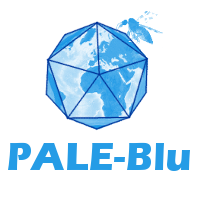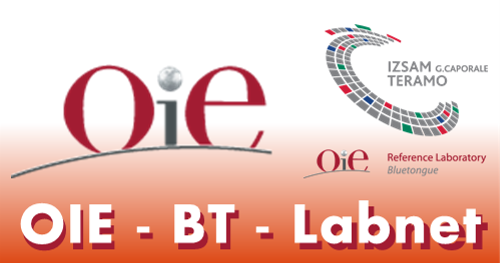Forums:
Source: http://cri.fmach.eu/education/selection/FIRS-T-Second-Call-2013
Deadline for application is Friday 24th May 2013.
E_5_LEXEM - Modeling the dynAmics of alien-invaSive insect spEcies in TRentino (acronym: MASTER)
KEYWORDS - Aedes spp. mosquitoes, Drosophila suzukii, zoonoses, plant diseases, risk assessment
ABSTRACT - Animal and plant diseases management and control require a multidisciplinary and integrated approach that includes ecology, epidemiology, pest and diseases control. In this context mathematical models play an important role as quantitative and predicting tools for decision-making procedures for risk assessment, prevention, mitigation and control programmes. In this project we intend to develop spatio-temporal models that describe the dynamic of alien-invasive insect species in Trentino with particular attention to Aedes spp. mosquitoes and the fruit crop pest Drosophila suzukii. Part of the activities carried out in this project will be co-funded by project LEXEM - Laboratory of Excellence for Epidemiology and Modelling – that is a collaborative project funded by the Autonomous Province of Trento (Call “Grandi Progetti 2012”).
PROJECT DESCRIPTION
a. Project objectives - The main objective of this project is to produce biologically consistent mathematical models as supporting tools for decision-making procedures in the field of risk assessment, prevention, mitigation and control. The specific topic of the research activity will focus on alien-invasive insect species, including their transmitted pathogens, and fruit production in the province of Trento. Specific objectives of this proposal will include:
- the development of dynamical models that describe the dynamic of alien-invasive insect species with particular concern to Aedes spp. mosquitoes and the fruit crop pest Drosophila suzukii;
- the extension of developed models to evaluate the effect of different control measures for mosquitoes and fruit crop pest;
- the integration of insect population models with epidemiological features to assess the potential risk of epidemic outbreaks of mosquito-borne infections;
- the validation of model output through empirical data obtained from the on-going project LEXEM.
b.Workprogram (description of the activities) - The general approach of this project will be based on a combination of model building, parameter estimation, model validation and scenario analysis. Specifically, project activities will include the following tasks:
- Parameter estimation. Detailed analysis on literature data yielding quantitative information on demographic and ecological parameters of the invasive insect species Aedes spp. mosquitoes and D. suzukii. Analysis of the data available in the province of Trento, and the dependence of parameters on climatic variables.
- Dynamical models. Development of spatio-temporal dynamical models that describe the abundance and local presence of invasive insect species in Trentino, accounting for climatic heterogeneity, seasonal abundance, detailed spatial information and landscape structure. Development of epidemiological models to evaluate potential epidemic outbreaks of mosquito-borne infections (e.g. Chikungunya, West Nile, Dengue).
- Control measures. Models will be extended for the evaluation of control measures for mosquitoes and crop pest. The model or models selected in Task 2 will be used to simulate different control strategies, in order to assess control effectiveness, as well as the existing uncertainties. In the case of available data on controlled field experiments, their results will be examined in order to improve the accuracy of the models.
- Model validation. Model predictions will be retrospectively validated against historical time series of mosquitoes presence/abundance as obtained by on-going field studies conducted. Several models, differing as for the inclusion of climatic variables, for the kernel of spatial diffusion, will be tested on available data on presence/absence of D. suzukii in the province of Trento.
Candidate Profile - The ideal candidate should have experience in data management and analysis, affinity with advanced statistical software packages and the development of scripts in compatible programming languages, but also a good attitude towards dynamical models building, analysis and interpretation.
CRI TUTOR:
ROBERTO ROSA’ received his degree in Mathematics from University of Trento (Italy) in 1994 and his PhD in Ecology from University of Stirling (Scotland, UK) in 2003. Since 2008 he has been working as a permanent researcher at Fondazione Edmund Mach after twelve years of collaboration with the Centre for Alpine Ecology, Trento (Italy). His main scientific interest is related to modelling the interactions between ecology and epidemiology of infectious diseases in wildlife populations. He has been working mostly on host-parasite and vector-borne disease models. His publication list contains 34 peer-reviewed papers and three chapter books.
HOST AND UNIVERSITY
Hans Heesterbeek
Professor of Theoretical Epidemiology | Head of Department of Farm Animal - Health, Faculty of Veterinary Medicine - University of Utrecht
Yalelaan 7, 3584 CL Utrecht, The Netherlands
Department of Mathematics - University of Trento,
Via Sommarive 14, I-38050 Povo (TN), Italy





